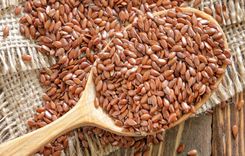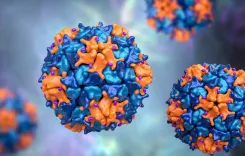How to Increase Your Red Blood Cells with a Good Diet
By Ashmal Shah
13 May 2023
How to Increase Your Red Blood Cells with a Good Diet
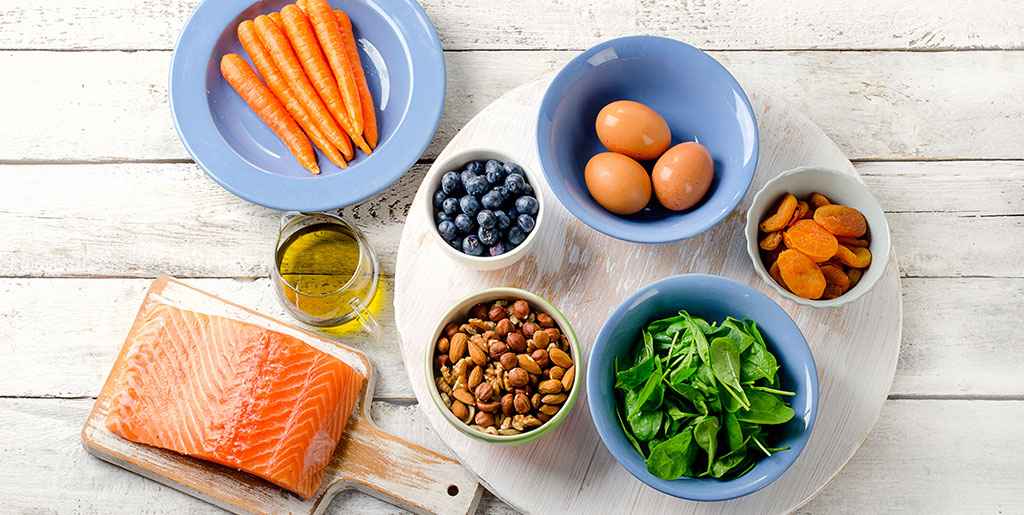
Red blood cells (RBCs) play a vital role in transporting oxygen throughout the body. They are produced in the bone marrow, and a healthy diet can help to boost their production. If your RBC count is low, you may experience fatigue, shortness of breath, or dizziness. Fortunately, a few dietary changes can help to increase your RBCs.
Understanding the Role of Red Blood Cells
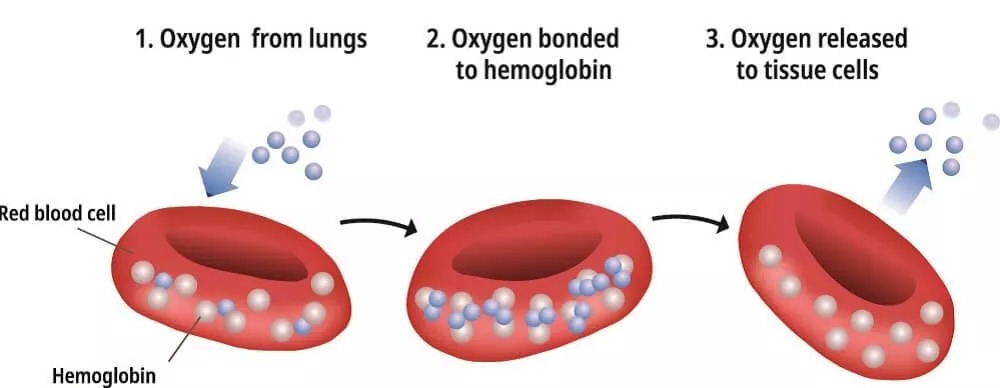
Red blood cells are the most common type of cell in the human body. They are produced in the bone marrow and are responsible for transporting oxygen from the lungs to the rest of the body. Without enough RCs, the body will struggle to get enough oxygen, which can lead to fatigue, shortness of breath, and dizziness.
A low RBC count is often caused by a deficiency in vitamins, minerals, or other nutrients. Eating a healthy, balanced diet is essential for keeping your RBCs at an optimal level.
Eating Foods That Boost Red Blood Cells

Certain foods can help to boost your RBC count. These include lean proteins, such as fish, poultry, and lean red meat. Other foods that are rich in iron, such as lentils, beans, nuts, and dark leafy greens, are also beneficial.
Vitamin B-12 is essential for the production of RBCs. Foods high in B-12 include eggs, dairy products, and fortified cereals. Vitamin C helps to absorb iron, and foods such as oranges, strawberries, and broccoli are rich in this vitamin.
Folic acid, found in spinach, broccoli, asparagus, and other dark green vegetables, is also important for RBC production. You should also include foods with zinc, such as oysters, beef, and chickpeas, in your diet.
Avoiding Foods That Lower Red Blood Cells
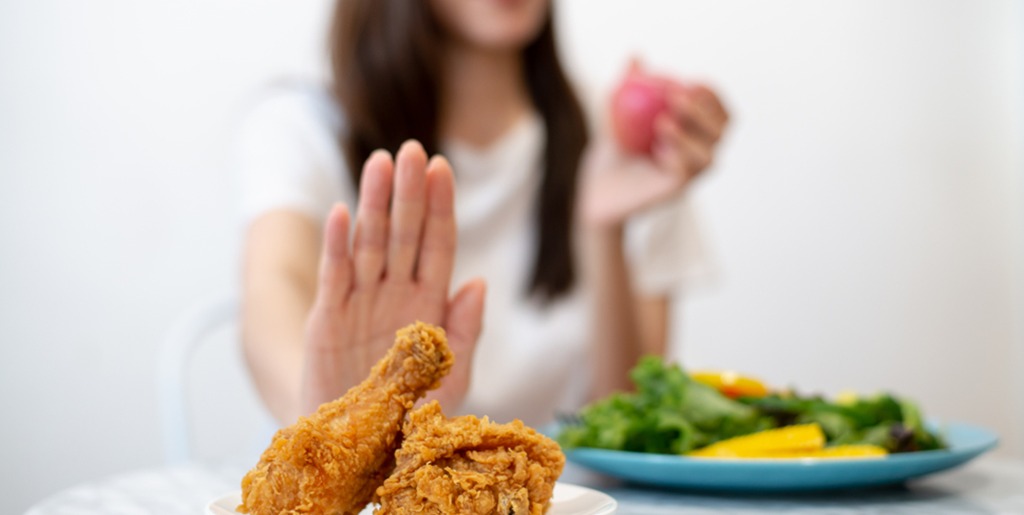
In addition to eating foods that can boost your RBC count, it’s important to avoid foods that can lower it. Alcohol can interfere with RBC production, and should be avoided. Caffeine can also interfere with RBC production, so it’s best to limit your intake of coffee, tea, and other caffeinated drinks.
It’s also important to avoid processed foods, as they are often high in sodium, which can interfere with the absorption of iron. Processed meats, such as bacon and hot dogs, are especially high in sodium.
Adding Supplements to Your Diet
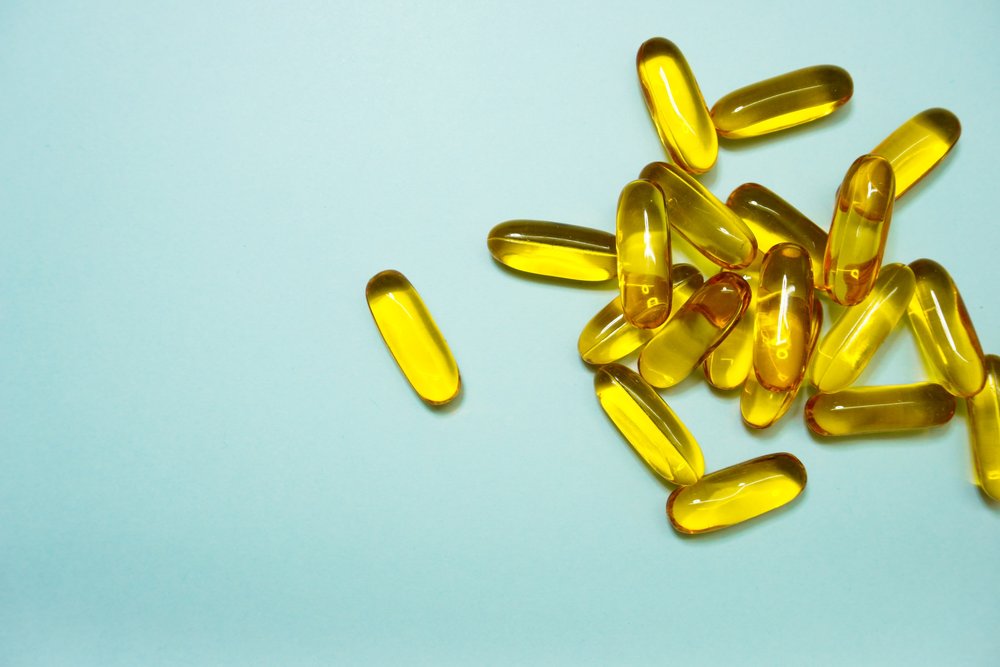
If you’re still having trouble increasing your RBC count, you may want to consider taking a supplement. Iron supplements are often recommended for people with a low RBC count, as they can help to boost production. However, it’s important to speak to your doctor before taking any supplement, as too much iron can be dangerous.
A Vitamin B-12 supplement may also be beneficial. Vitamin B-12 is found naturally in animal products, but vegetarians and vegans may need to supplement in order to get enough. Folic acid and zinc supplements are available as well.
Conclusion
Red blood cells are essential for transporting oxygen throughout the body. If your RBC count is low, you may experience fatigue, shortness of breath, and dizziness. Fortunately, a few dietary changes can help to increase your RBC count.
Eating lean proteins, foods high in iron, and foods rich in vitamins B-12, C, and folic acid can all help to boost RBC production. Avoiding foods high in sodium and limiting your intake of alcohol and caffeine can also help. If you’re still having trouble increasing your RBC count, you may want to consider taking a supplement. However, it’s important to speak to your doctor before taking any supplement.
You Might Also Want To Read This
Popular Posts




